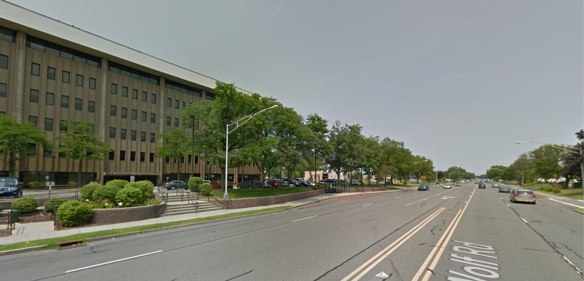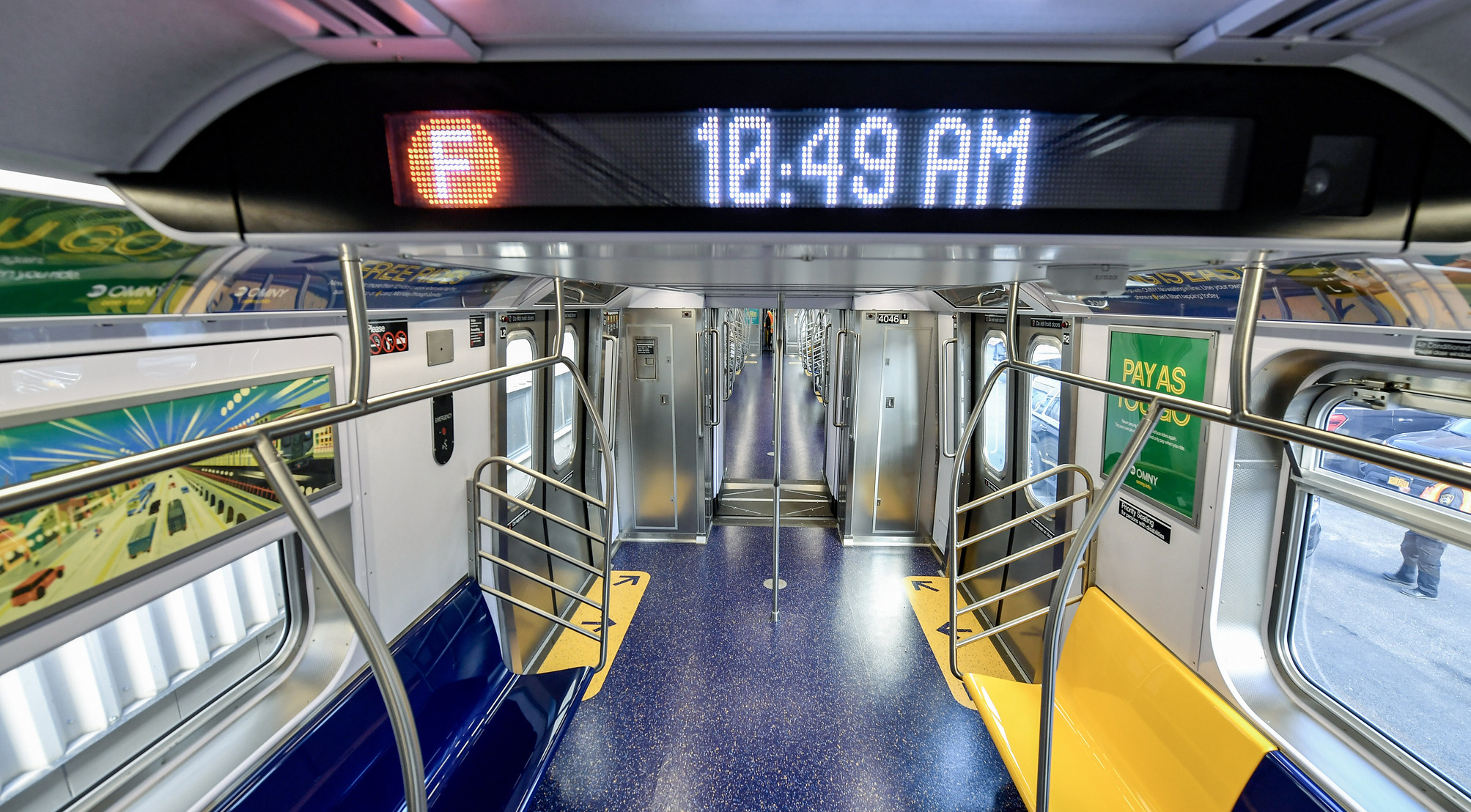
It looks like we have our answer as to whether New York State DOT will follow six other states in adopting NACTO standards for safer, multi-modal streets.
In March, NYS DOT Deputy Chief Engineer Richard W. Lee wrote NACTO to say that, while it would keep the Urban Street Design Guide on hand, the agency won't be endorsing its guidelines for some of New York State's most heavily-traveled and dangerous streets.
Wrote Lee:

We are pleased to support the Guide for our internal use and will provide it to our staff as a reference for the design of urban and residential streets, where implementation would be in conjunction with the appropriate traffic and engineering studies.
As noted in the introduction of the Guide, urban situations are complex, and good engineering judgment must always be employed. NYSDOT found that the requirements or recommendations of the Guide occasionally conflict with those of the American Association of State Highway and Transportation Officials (AASHTO) and NYSDOT's own guidelines for collectors and arterials. We understand that the Guide is intended to apply primarily to urban streets, however many of New York State's collectors and arterials are located in urban areas. Due to our concern for the potential safety and mobility impacts on these roadways, we will not be recommending its use for collectors and arterials.
The 2014 Smart Growth America "Dangerous by Design" pedestrian fatality study found that, though just 15 percent of lane miles in New York, New Jersey, and Connecticut are classified as arterials, from 2003 to 2012 they accounted for 50 percent or more of pedestrian deaths in 90 percent of counties.
There's a reason the report is called "Dangerous by Design" -- streets and roads designed for maximum auto throughput are not safe for people who walk and bike. If anything, the status quo on these streets should be an argument in favor of incorporating NACTO designs into the NYS DOT tool kit. Though states including California, Washington, Massachusetts -- even Tennessee -- have updated their guidelines, apparently NYS DOT won't be following suit because they conflict with outmoded designs recommended by AASHTO.
NYS DOT did not respond to Streetsblog's query concerning the NACTO guide.





